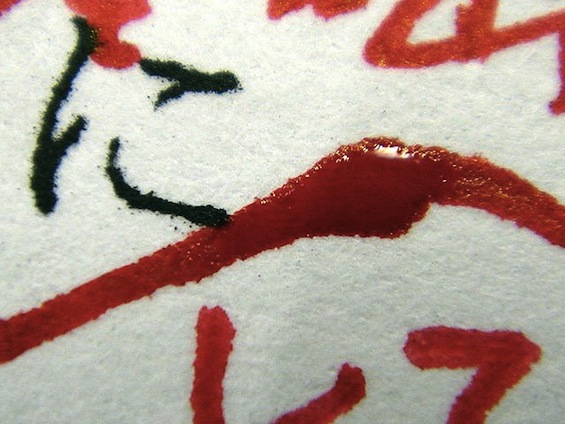
It feels paradoxical to devote prose to the discussion of haiku—haiku being a poetry so compact and perhaps best experienced simply by being encountered, turned over in the mind, or felt softly on the tongue. In a way, editor Robert Hass admits this conundrum in The Essential Haiku, with the final words of his opening essay, a quote from Bashō: Prefer vegetable broth to duck soup.
Simplicity. Clear sipping. Or, just do it.
In other words, if a haiku book review could simply hand you the poems in a bowl, that would be preferable. Still, besides translating, Hass has done a job you’ll want to know about—in explaining the differences between the three haiku masters, in giving some points of biographical interest, and in choosing and arranging the poems.
The book offers about a hundred poems each, from the “ascetic and seeker” (Bashō), “the artist” (Buson), and “the humanist” (Issa). It explains the spirit of haiku (that it be in plain language) and the depth of it that relies on cultural and literary allusion (which, of course, the English speaker will miss—not that we can’t see the cherry blossom, deep autumn, or winter bareness coming, but that we won’t have the long history of cultural associations to produce the same kind of visceral response these images might produce in a Japanese reader).
Nonetheless. There is something about great poetry that, even if some of it gets “lost in the translation” as Frost said, still speaks to the soul by virtue of its immediacy and juxtapositions. And these poems, chosen by Hass for inclusion in The Essential Haiku certainly do.
In addition to the haiku, there are thoughts on poetry, diary-type entries, and a few long poems. But haiku is the main attraction, and the soup bowl, as it were, feels like it curves quite deep. Bring your spoon. And your appetite for insight. You’ll be happy for a good long while. Taste and see:
Bashō
Even in Kyoto—
hearing the cuckoo’s cry—
I long for Kyoto.
A bee
staggers out
of the peony.
A caterpillar,
this deep in fall—
still not a butterfly.
Buson
I go,
you stay;
two autumns.
Cover my head
or my feet?
the winter quilt.
Escaped the nets,
escaped the ropes—
moon on the water.
Issa
Napped half the day;
no one
punished me!
The holes in the wall
play the flute
this autumn evening.
With my father
I would look out at dawn
over green fields.
Photo by Yezi9713, Creative Commons, via Flickr. Post by L.L. Barkat.
- Poetry Prompt: In the Wild Secret Place - January 6, 2025
- Journeys: What We Hold in Common - November 4, 2024
- Poetry Prompt: My Poem is an Oasis - August 26, 2024
Maureen Doallas says
I have a copy of this somewhere among my groaning shelves. And it is essential. The masters indeed teach.
Love the examples you’ve shared.
L. L. Barkat says
These, of course, were my absolute favorite poems in the book. 🙂
It’s interesting to compare this book to ‘Haiku in English: The First Hundred Years.’ These are definitely more strictly classical, and using literary and cultural allusions. For that reason, I might like the other title slightly more, because I do seem to associate with its images/approaches more.
But I did enjoy this one!
Sandra Heska King says
I’m loving Haiku in English. Just added this one to my wish list…